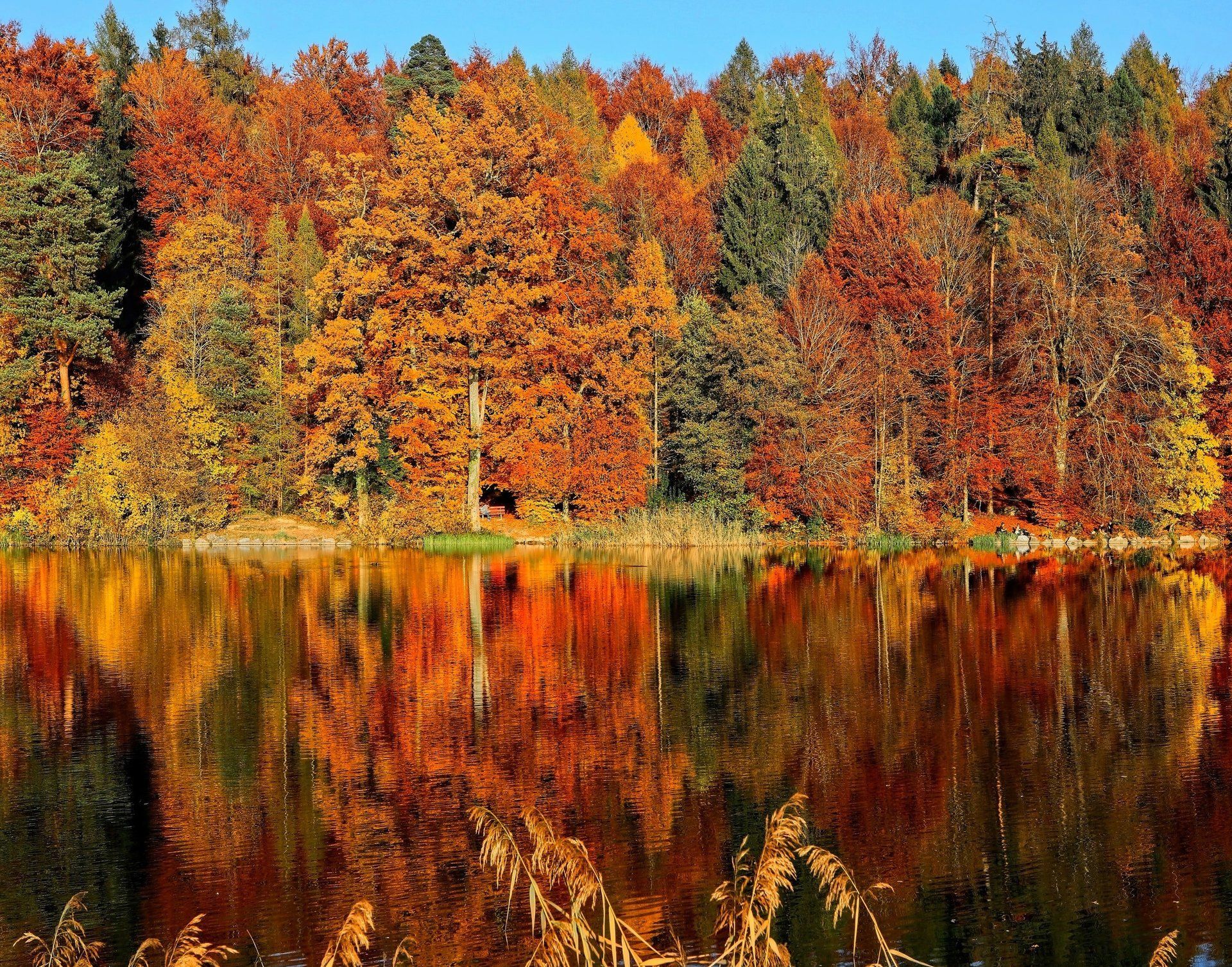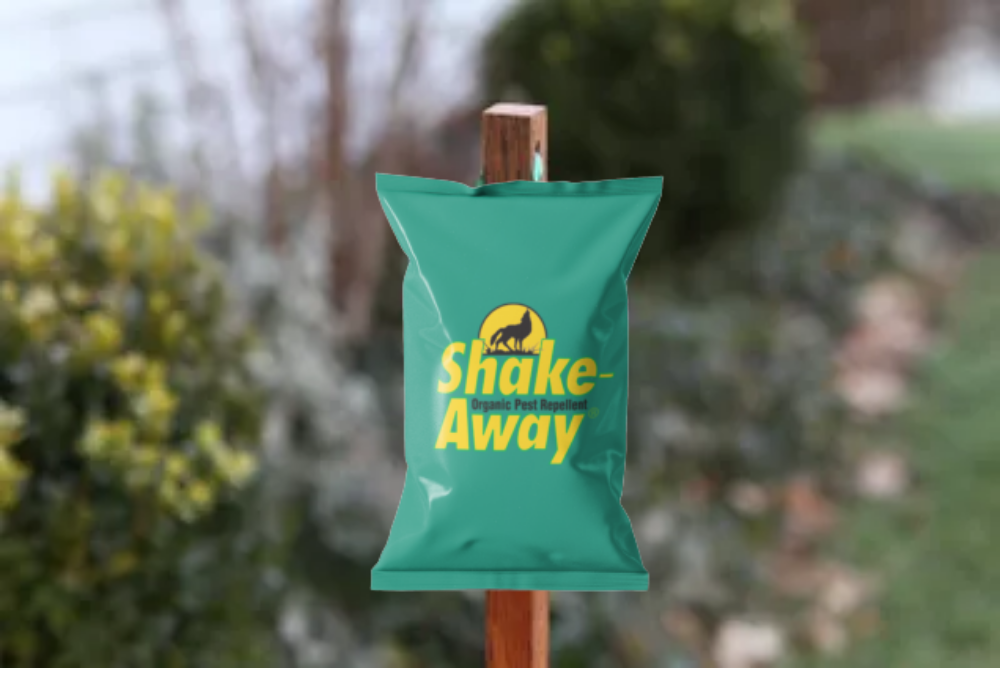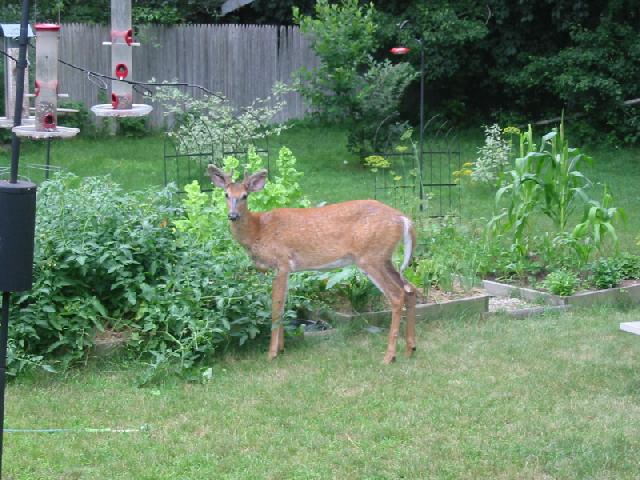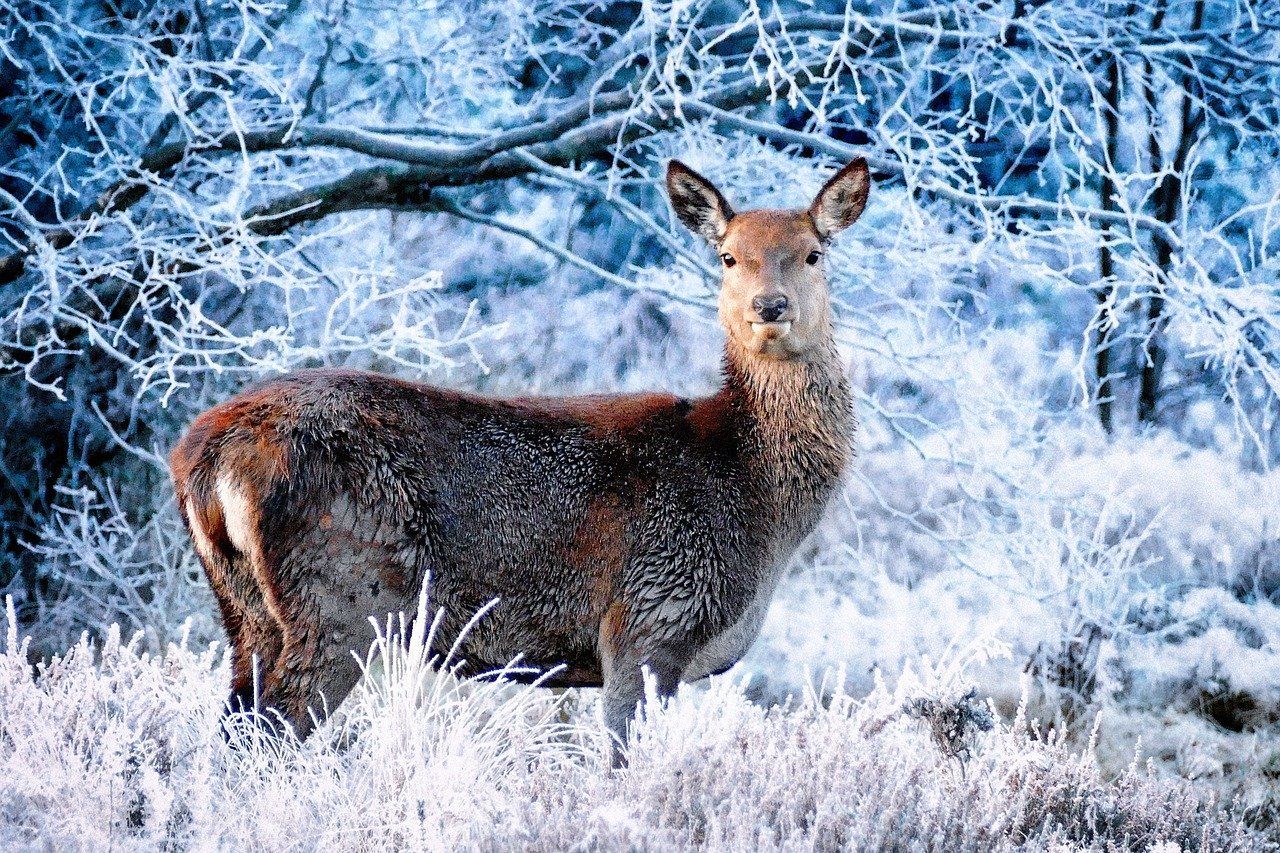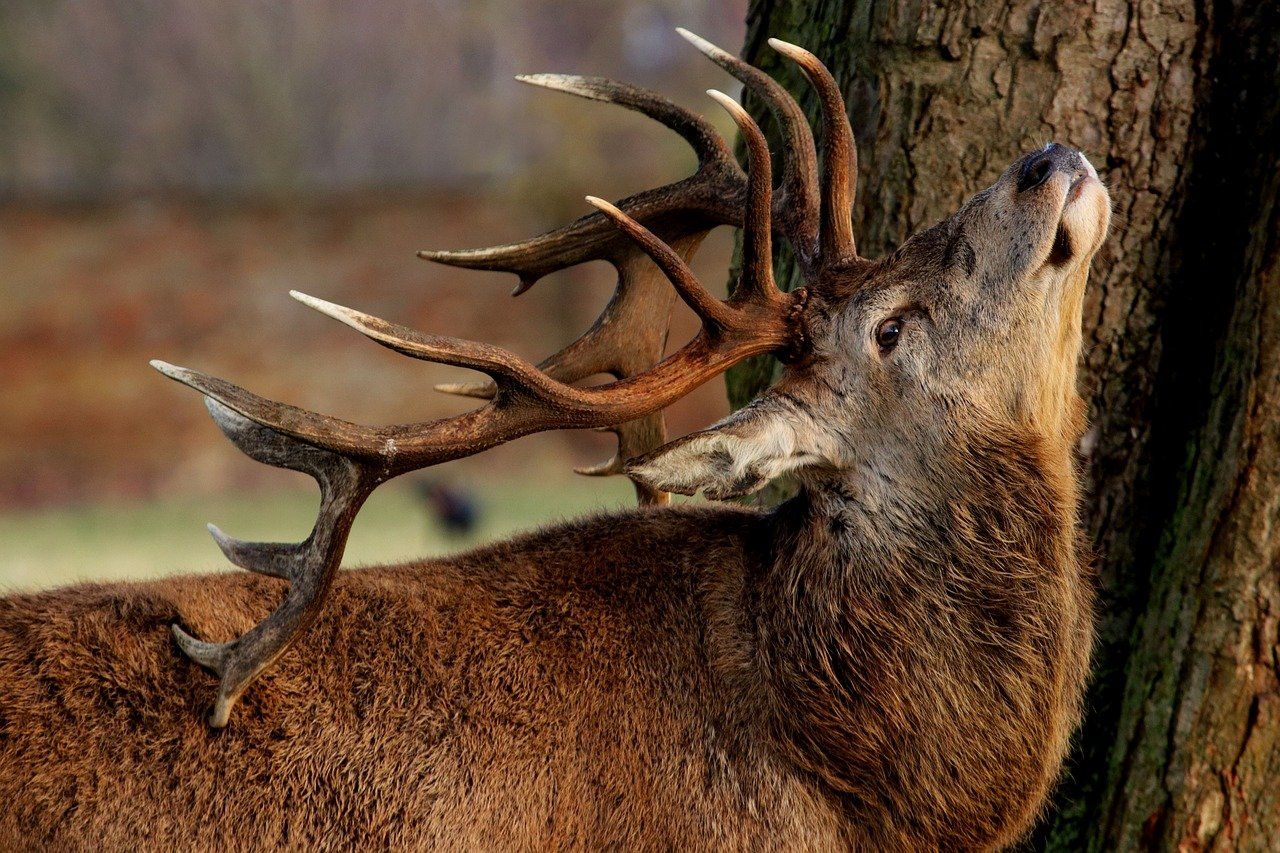Careful Driving in Deer Country
Tips for Avoiding Deer Accidents with Your Car
Sometimes deer can be a nuisance even when you are away from home, and can make driving dangerous when they stray onto the road.
When is this a problem?
Though a wandering deer may end up on a road at any time, there are peak times of the year when you really have to keep your eyes open. In particular, the months of October and November are known to be the riskiest times of the year. Not only is it mating season, leading to a lot of changes in deer behavior, it is also hunting season in many places. Between chasing mates and fleeing from hunters, you can expect to see a lot more deer out on the move. Besides the time of year, dawn and dusk are also the busiest times of the day for deer, no matter the season.
Wildlife officials know where likely deer areas are, and that is why you see road signs posted as deer crossings. Take them seriously.
Drive safely
The best way to stay safe when driving through any areas with a deer population is take things slowly and watch along both sides of the road. Most collisions take place when an unseen deer off to the side makes a dash across the road, catching you off guard.
If you actually see a deer in the road, you should definitely slow right down and ease past them if you can. The trick is to remember most deer don't travel alone. The one you see is easy to avoid, but the second deer that pops out behind is the one that is the bigger hazard because your attention is distracted.
Driving with your high-beam lights on is also a good idea, to get the best view of your surroundings. Look for glints of light reflected in the animal's eyes to get the earliest warning, especially driving where there is woodland or high grass along the road. Just make sure you turn the lights back down when there is an oncoming vehicle.
Collisions and damage
A deer may seem to be a light or delicate animal. The fact is that hitting one can do extensive damage to the front end of your car. Radiators are often punctured (several times), and the car will overheat even if it is otherwise still able to run. If the deer's body comes up over the hood on impact, it can smash the windshield as well.
When you do hit a deer, you should treat it like any other collision and call the police, even if no one in the car is injured and your vehicle still runs. You should also contact your insurance company as soon as you can. This type of accident will be covered by the comprehensive portion of your policy. They may require a police report, which is another reason not to just drive off.
Need a 100% ALL NATURAL Deer Repellent for Your Yard? Get it Here.





